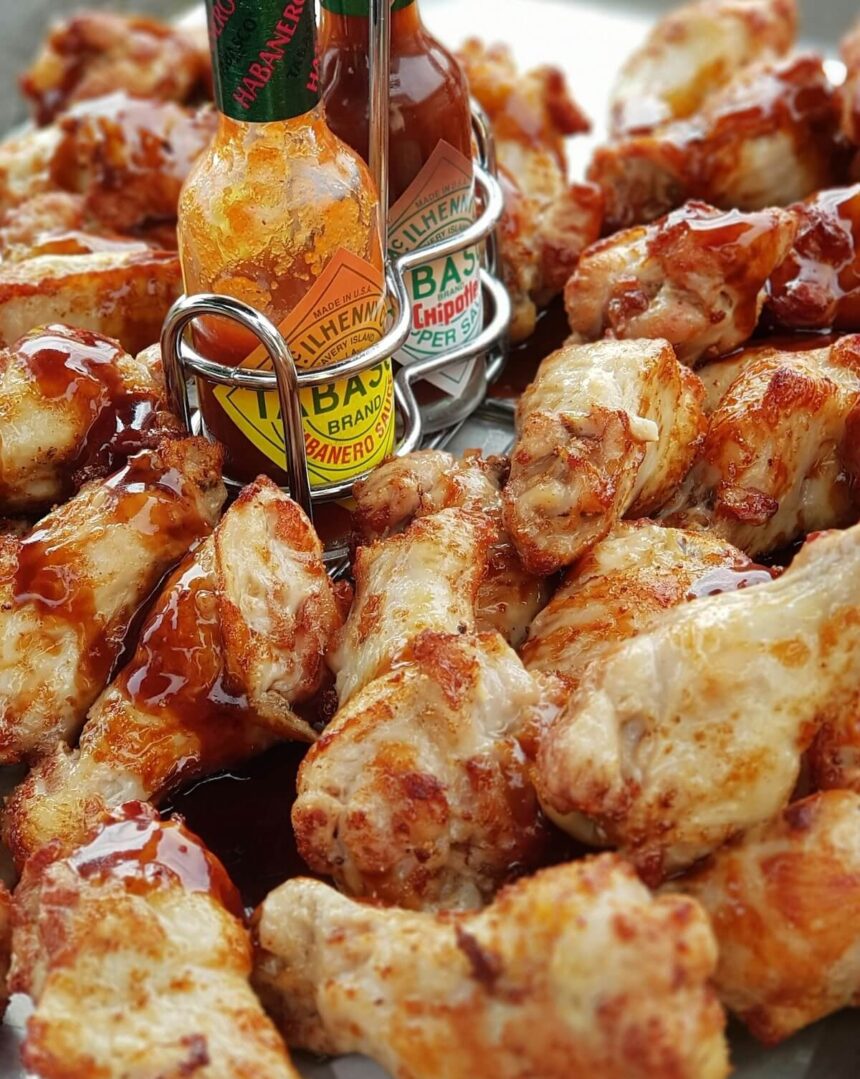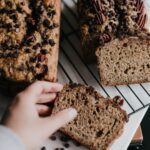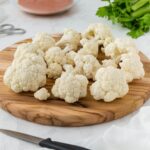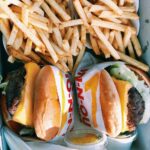Acid reflux can be a troublesome condition that creates discomfort and pain and stops you from enjoying certain foods. Learning what foods cause acid reflux is a key to feeling better and, ultimately, overcoming acid reflux.
Though often, processed foods are the main culprit behind acid reflux, nutrition experts emphasize that acid reflux food triggers may vary from person to person. “I suggest keeping a food diary to help identify specific foods that cause or worsen symptoms. Also, maintaining a healthy weight, eating smaller meals, and avoiding lying down after eating can help to manage acid reflux better,” recommends Catherine Gervacio, Registered Dietician and nutrition writer for ‘Living.Fit‘.
Not all foods that are considered to affect acid reflux actually do. A thorough assessment must be done to determine which foods should be avoided with acid reflux. Jonathan Valdez, Registered Dietitian Nutritionist, says that in addition to being overweight, some of the things that may affect acid reflux are poor sleep, eating too quickly, having high-caloric meals, constipation, late eating, or even psychological stress.
Though all of these factors make it hard to determine which foods cause acid reflux, here’s a quick list of foods to avoid with acid reflux. As noted above, however, a food diary may help you understand which particular foods trigger your acid reflux.
Citrus Fruits
One of the key dietary issues for those suffering from acid reflux is finding low-acidic foods. Unfortunately, citrus fruits, while packed with health benefits, are some of those acidic foods to avoid.
Oranges, grapefruits, lemons, and limes are highly acidic and can aggravate acid reflux, so it’s better to steer clear.
Instead, opt for so-called low-acid fruit, such as bananas. Bananas tend to be good for acid reflux due to their alkaline nature. While most other fruits may not work well for you, bananas may actually ease your stomach.
Tomatoes and Tomato Products
Similar to citrus fruits, tomato products are not the wisest choice if you tend to have heartburn and acid reflux.
Tomatoes are acidic, and tomato-based products like sauces and ketchup can trigger reflux due to their acidity, just like citrus fruits.
Spicy Foods
A combination of acidic and spicy food will spell disaster for your stomach.
“Spicy foods causing acid reflux are twofold. One spicy food may irritate the esophagus or exacerbate the already inflamed esophagus from the occurring acid reflux. Secondly, most spicy foods contain capsaicin, which is a neurotoxin. Capsaicin slows digestion and allows food to sit longer, contributing to acid reflux,” explains Jonathan Valdez.
Peppers, hot sauces, and spicy dishes are some of the main foods to avoid with acid reflux.
Chocolate
If you have acid reflux and you are a chocoholic, then unfortunately, you won’t like hearing this.
Chocolate contains caffeine and theobromine, both of which can relax the lower esophageal sphincter (LES) and contribute to reflux.
Blanca Garcia, Registered Dietitian Nutritionist, explains it further: “Methylxanthines in chocolate help relax the smooth muscles in the esophagus, which can open up the sphincter that keeps the stomach acid in when not eating.”
Therefore, chocolate may also be out of the question, since it may make your stomach feeling only worse.
Caffeinated Drinks
The problem with coffee and caffeinated drinks is largely the same as with chocolate: caffeine relaxes the LES, allowing stomach acid to flow back into the esophagus.
“Coffee intake relaxes the lower esophageal sphincter, allowing acid easier access to the throat. In addition, coffee stimulates acid secretions in the stomach. Consuming lower cups of coffee and decaffeinated coffee will likely decrease the symptoms,” mentioned Valdez.
Carbonated Beverages
Carbonated drinks tend to cause some discomfort in most people, so it shouldn’t come as a surprise that those struggling with GERD shouldn’t have any soda.
Catherine Gervacio says that soda and other carbonated drinks can cause bloating and increase pressure on the LES, leading to reflux.
Fried and Fatty Foods
Fried fatty foods could easily be at the top of the list of foods to avoid with acid reflux. Anything fried and fatty – whether it’s fries, chicken nuggets, or even fish sticks – won’t do any good to GERD symptoms.
“A food that has been fried like chicken is high in fat and can often affect the muscle sphincter between the esophagus tube and the stomach from closing properly. This can cause acid to rise up through the sphincter and cause discomfort,” explains Garcia.
What’s more, high-fat foods take longer to digest, leading to increased pressure on the LES and a higher likelihood of reflux.
Mint and Peppermint
Peppermint is usually known for its soothing properties, even being touted as a helpful natural remedy for several digestive issues. Unfortunately, acid reflux isn’t one of those.
Similar to acidic foods, mint can also relax the LES, potentially worsening acid reflux symptoms.
Onions and Garlic
Onions and garlic are known as nutrition and health powerhouses, but when it comes to GERD, they can do a lot more harm than good.
Onions and garlic are known as triggers for many people with GERD, especially since they contain fermentable fiber. And similar to other foods you should avoid with acid reflux, onions can also relax the LES, thus allowing the stomach acid to flow back.
Alcohol
Avoiding alcohol is probably a no-brainer. Even if you don’t struggle with GERD, any alcohol will create a long list of issues. “Alcohol is a toxin—no ifs, and, or buts,” said Valdez directly.
All types of alcohol can relax the LES and contribute to reflux. Alcohol can also increase esophagus sensitivity and affect increased exposure to stomach acid. Red wine, in particular, may worsen symptoms for some people.
Processed Foods
In many cases, acid reflux is related to frequent consumption of processed foods like prepackaged snacks or fast food. The main problem lies in their high salt and fat levels, which can exacerbate acid reflux.
The connection between processed foods and GERD may also lie in other lifestyle factors and eating habits. Night-time snacking, eating quickly, or overeating are all related to GERD, but often, these eating habits are related to processed snacks and fast food.
Whether it’s the food itself or the lifestyle factor related to it, processed foods should be off your menu, especially if you struggle with heartburn and acid reflux.
Whole Milk
Dairy products may not always cause you harm if you have GERD. Low-fat Greek yogurt, for example, may help thanks to its high calcium content and probiotic effect.
The same may not apply to whole milk, however. Whole milk is richer in fat, and therefore, it can still cause you some issues. “Any fatty food can affect the closure of the sphincter,” reminds Garcia.
But most importantly – listen to your body and notice which foods cause you issues. That’s the telltale sign of which foods to avoid with acid reflux.








